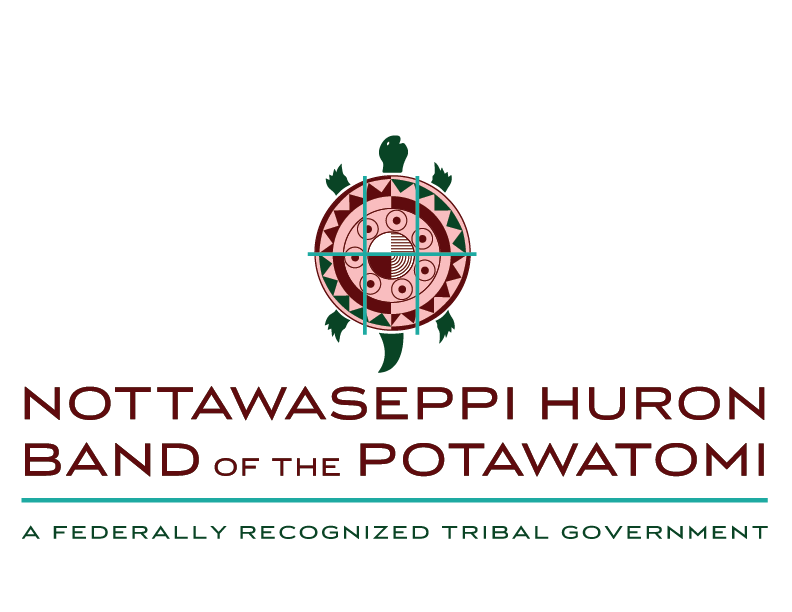
- Details
- By Tribal Business News Staff
- Health Care
Last month, the Nottawaseppi Huron Band of the Potawatomi (NHBP) was onboarded to the Michigan Health Information Network (MiHIN), becoming the first federally recognized tribe in the state to initiate its own access to the Active Care Relationship Service (ACRS®), a centralized solution for sharing patient health information.
Rosalind Johnston, Health and Human Services Director for the NHBP said the move is part of NHBP’s commitment to improve health outcomes for tribal members.
“We are excited to partner with MIHIN and leverage their state-of-the-art solutions to access accurate and timely health information that will allow us to improve outcomes, reduce costs, and enhance the overall quality of care,” Johnston said in a statement.
American Indians and Alaska Natives (AI/AN) have long suffered disparate health outcomes, dying at higher rates than other Americans from chronic liver disease and cirrhosis, diabetes, chronic lower respiratory diseases and more, per the Indian Health Care Service (IHS). COVID-19 only exacerbated these outcomes — life expectancy for Native Americans and Alaska Natives declined more than any other race between 2020 and 2021, according to the Centers for Disease Control and Prevention (CDC).
In addition to ACRS, the NHBP has also onboarded to ReferralsPlus, a digital tool designed to help healthcare providers refer patients to other providers more efficiently, and the Immunizations Use Case, the method by which MiHIN automatically and electronically sends immunization records through the Michigan Department of Health and Human Services (MDHHS) and the state’s immunization information system (IIS).
For the NHBP, being a part of the MiHIN will improve the sharing of digital health information at the individual patient, clinic, and system-wide levels, facilitating better communication between healthcare entities. This, according to Lorna Elliott-Egan, Director of Tribal Government Services & Policy with the MDHHS, said will improve health equity in a way that ensures patient health information is protected from unauthorized access and used in a culturally sensitive and appropriate way.”
“One of the biggest lessons learned during the COVID-19 pandemic is the importance of ensuring access to good health data to Michigan’s 12 federally recognized tribes and urban Indian Health Center,” Elliott-Egan added in a statement. “As sovereign nations, Michigan tribes should have access to solid data to serve their citizens and other Indigenous patients well. I am excited to see the Nottawaseppi Huron Band of the Potawatomi make great strides toward obtaining this important information.”
To date, nine of the 12 tribes and the Urban Indian Health Center have signed the necessary agreements to join the statewide network of health information exchanging entities.
